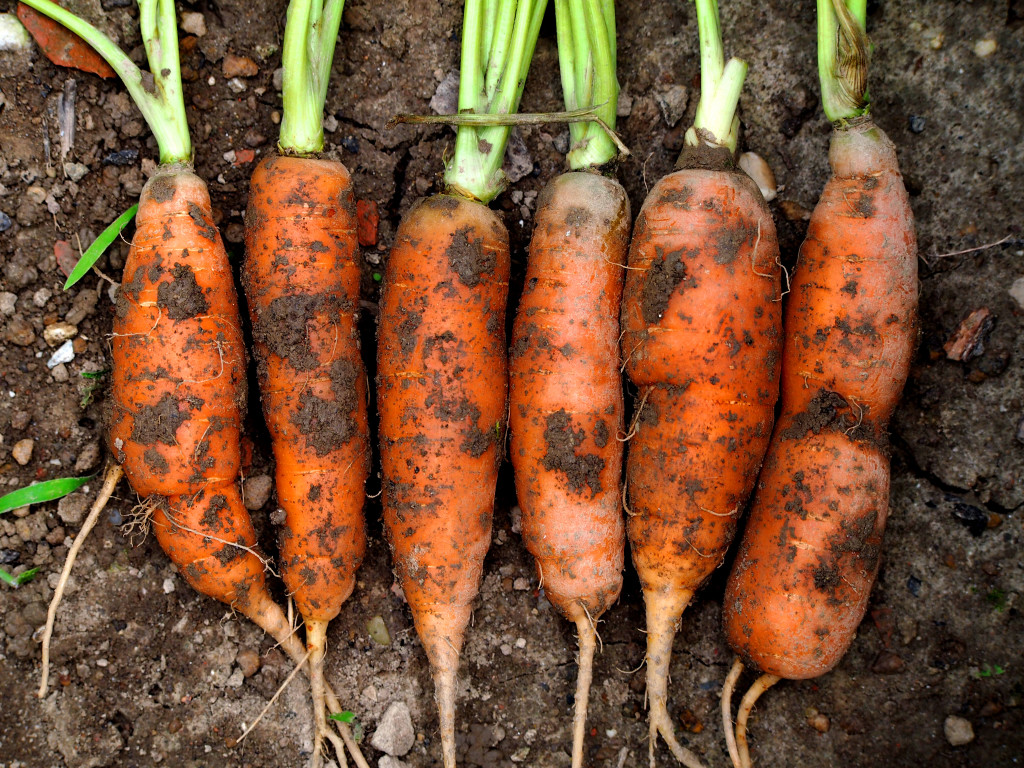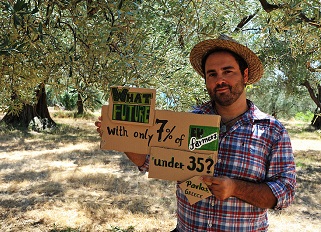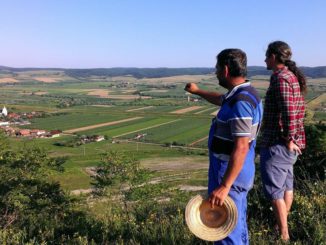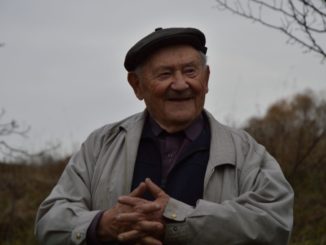
Does have Common Agricultural Policy (CAP) have some unexpected impacts on the rural communities in the EU? An Imperial College London’s study is suggesting just that. The research started in 2003 in farming villages and a small town in southwest Poland of Lower Silesia – a year before Poland joined the EU. Then it was repeated in 2012, to study the prevalence of asthma, allergies (hay fever), as well as atopy, which is diagnosed with the use of a skin prick test. Atopy (atopic syndrome) is a syndrome characterised by a tendency to be “hyperallergic”, very sensitive to most of allergens.
In 2003, 7.3 % of villagers tested positive for atopy, compared with 20 % of townspeople at that time. In 2012, the cases of atopy in villages had risen to 19.6 %, hay fever also rose – from 3.0 % to 7.7 %, but the prevalence of asthma did not change significantly. According to the study, in towns, there were no changes in the prevalence of allergies.
We read in The Journal of Allergy and Clinical Immunology: “Poland’s entry into the EU may have had the surprising consequence of increasing allergies in rural villages (…). Surveys show that the prevalence of atopy, a predisposition towards allergic reactions, jumped from seven per cent to 20 per cent in villages in southwest Poland between 2003 and 2012.” The team of Polish and British scientists believe this rise is linked to: “Changes in farming practices that occurred when Poland adopted of the EU Common Agricultural Policy. In 2003, many villagers kept cows or pigs on their land, but after joining the EU it became uneconomical to do so.
Exposure to farm animals, especially at a young age, is thought to be a protection against developing allergies. The findings add to evidence that westernized lifestyles increase the risk of allergic diseases. According to the report, 24 % of village dwellers had regular or occasional contact with cattle in 2003, but this fell to only 4 % in 2012. 33 % had contact with pigs in 2003 but only 14 % in 2012.
Previous research has suggested that farm dwellers, especially children who grow up on farms, have lower rates of atopy and hay fever than people living in towns.
Prof. Paul Cullinan – the study author, from the National Heart and Lung Institute at Imperial College London, said: “The rapid changes in farming practices after Poland joined the EU were accompanied by a sharp increase in allergies over a very short period of time. It’s likely that similar changes are occurring in other places in Europe, and we can expect that elsewhere in the world, we may see major increases in allergies, asthma and hay fever over the coming decades as countries become more westernized and less rural.”
It’s also worth noticing that in countries like the UK the public concerns about allergy symptoms from oilseed rape have increased dramatically over the last ten years as information filters through to the public via the national television and newspapers, suggesting a possible link with the dramatic increase in hay fever and asthma sufferers over the last decade (even horses appear to suffer from oilseed allergy). Even the inhalation of oilseed rape dust may cause asthma in agricultural workers. According to Eurostat, the area under oilseed rape in Poland has doubled from 426.3 thousand hectares in 2003 to 922.9 thousand hectares in 2013.





